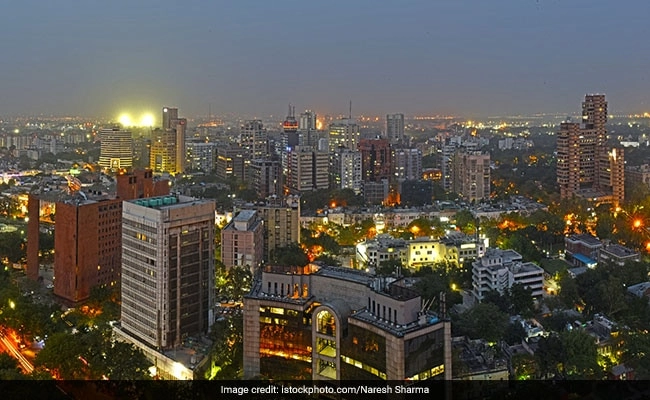In a significant shift in policy, the Delhi government has decided to issue sewage bills instead of traditional water bills for various establishments, including hotels, malls, and hospitals. This move reflects a growing recognition of the critical role that waste management plays in urban infrastructure and public health. By focusing on sewage billing, authorities aim to promote more responsible water usage and ensure that businesses contribute fairly to the costs associated with wastewater treatment and management.
Under this new system, establishments will be charged based on their sewage discharge rather than their water consumption alone. This approach encourages businesses to adopt more sustainable practices, such as reducing water waste and improving their wastewater treatment processes. The change is particularly relevant in a city like Delhi, where rapid urbanization has put immense pressure on water resources and waste management systems. By aligning sewage bills with actual discharge, the government hopes to enhance accountability among businesses and motivate them to invest in eco-friendly technologies.
The implications of this policy are manifold. For one, it could lead to significant improvements in the quality of water bodies surrounding the city, as reduced sewage discharge would ultimately lessen pollution levels. Moreover, it can help generate revenue for the government, which can be reinvested into improving sanitation infrastructure and services. As establishments become more aware of their environmental impact, they may also pursue innovative strategies to minimize their sewage output, contributing to a cleaner and more sustainable urban environment.
This change in billing structure is not without its challenges. Businesses may need time to adjust to the new system, and there may be concerns regarding the accuracy of sewage discharge measurements. To address these issues, the government will need to establish clear guidelines and provide support to help businesses transition smoothly. Overall, this initiative represents a proactive step toward better resource management and environmental responsibility in Delhi, setting a precedent for other urban centers grappling with similar challenges.




